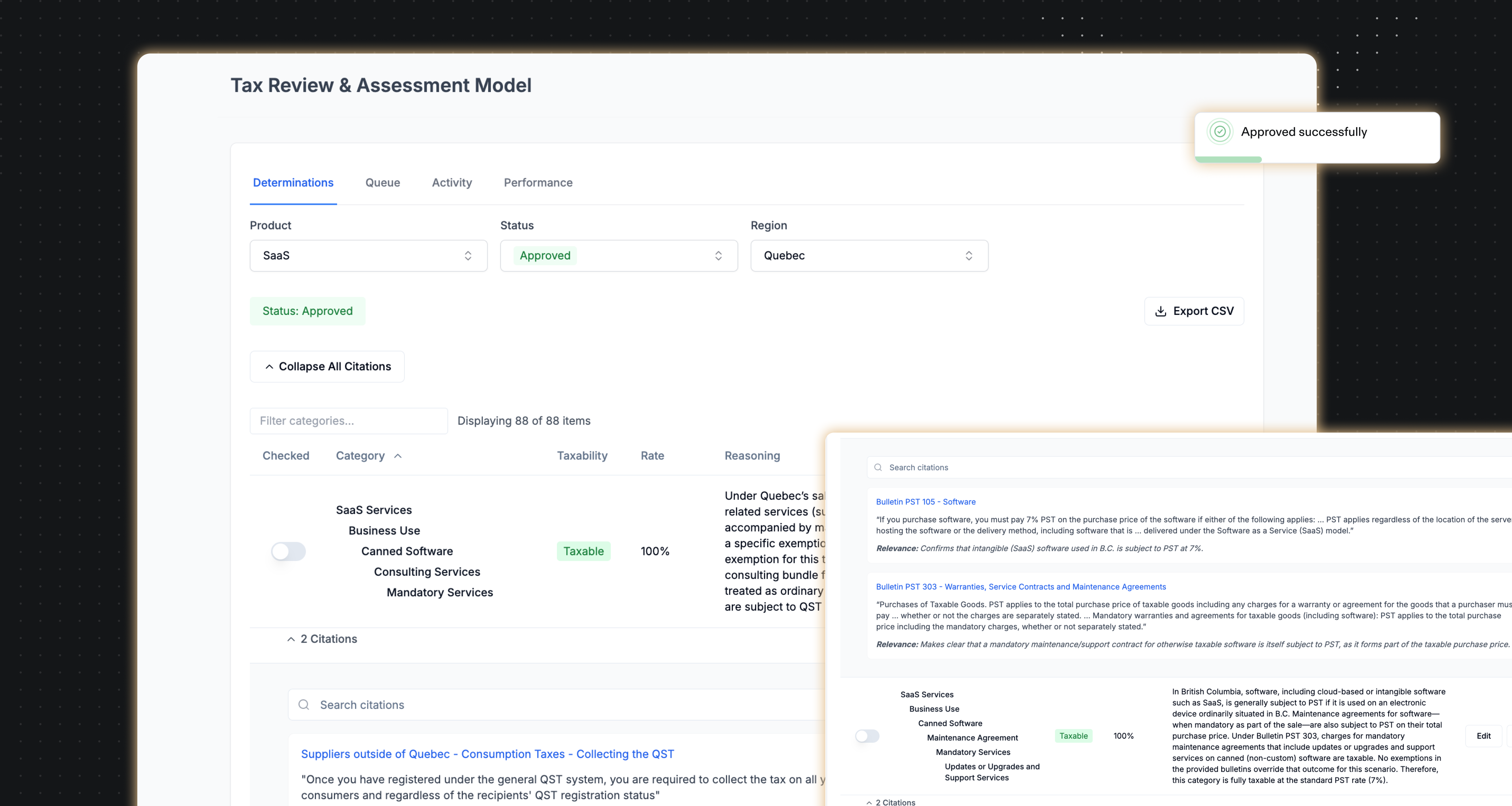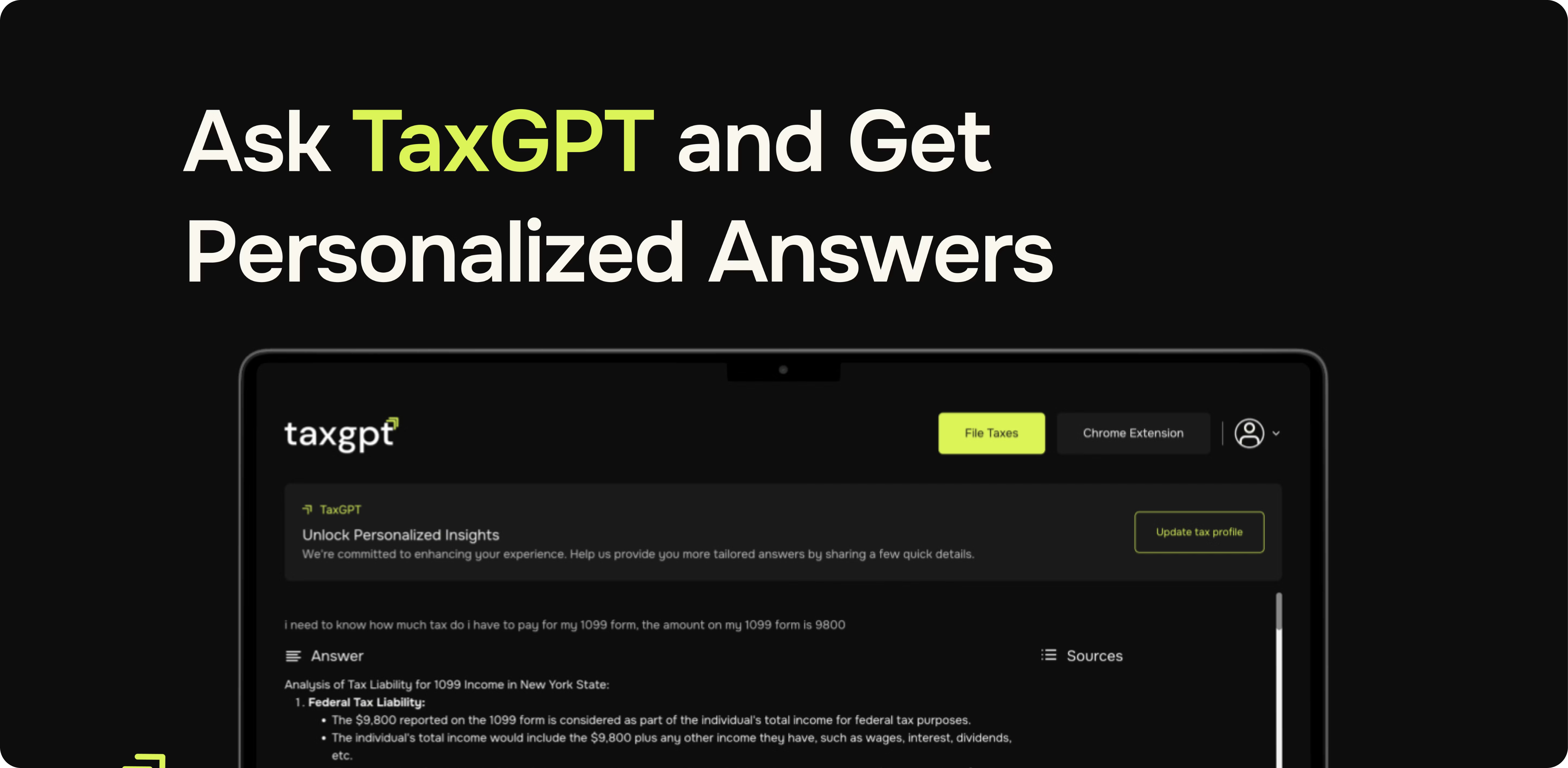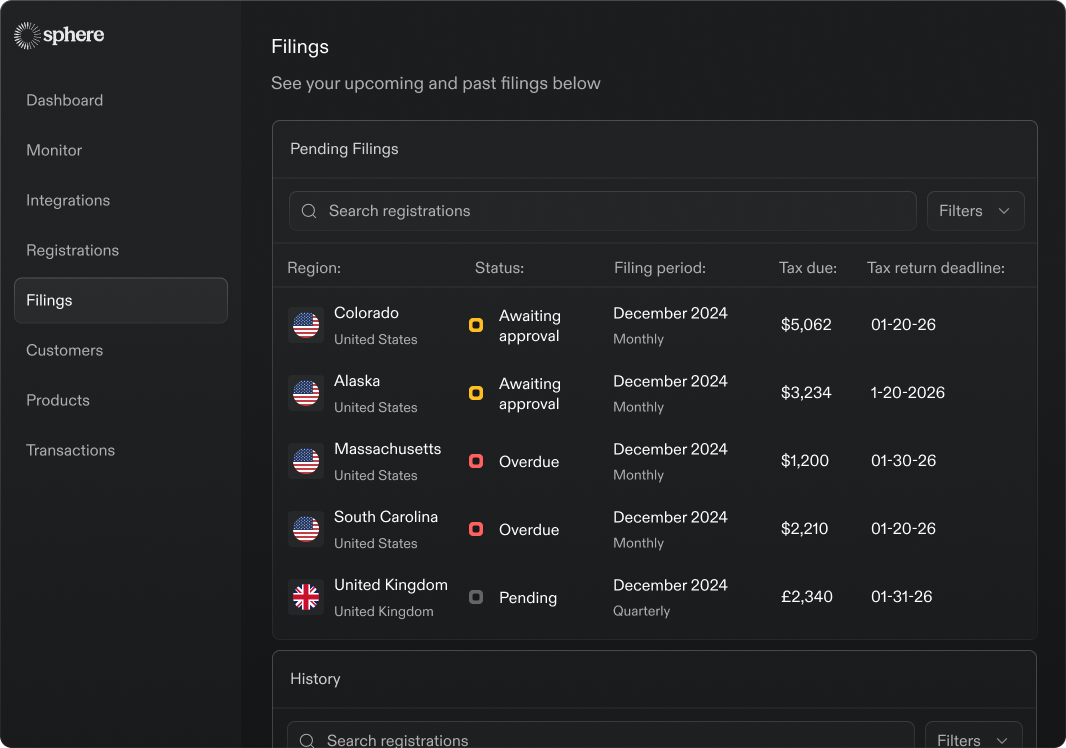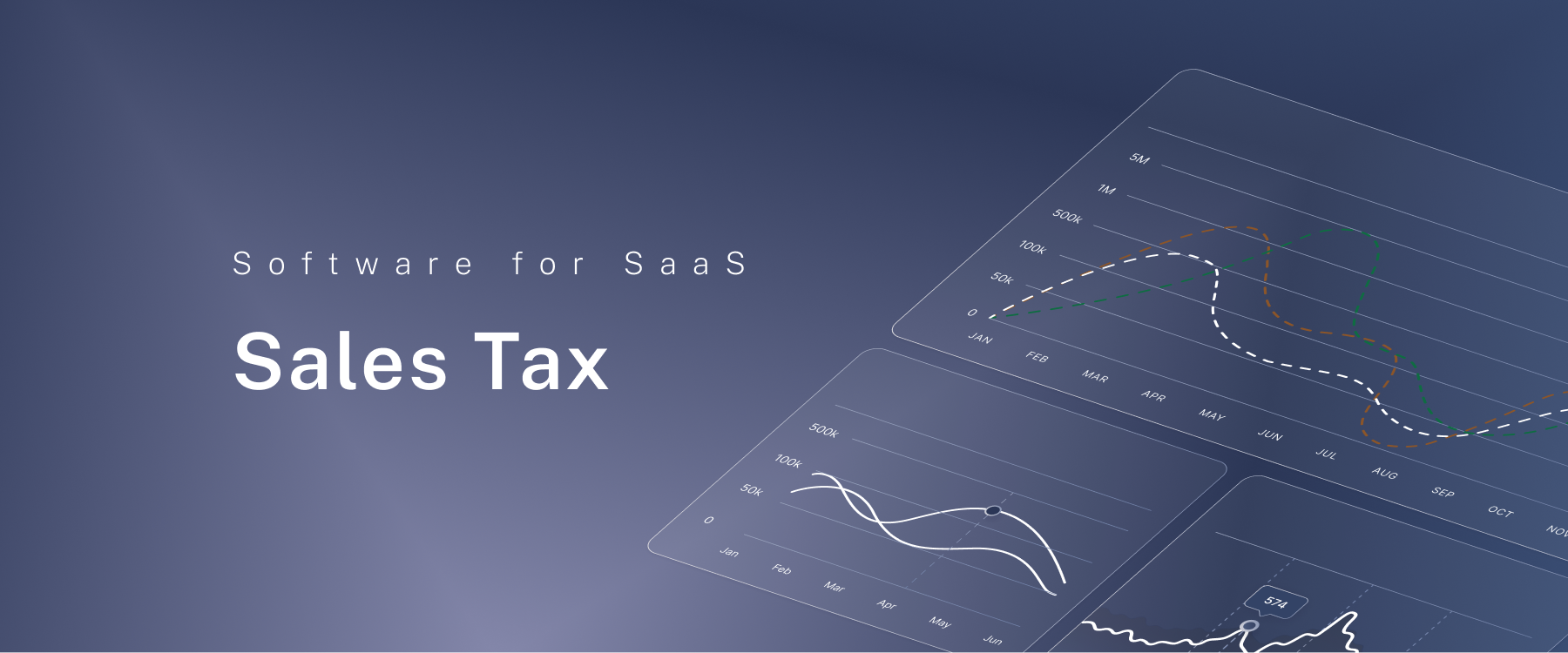.png)
For businesses facing mounting tax pressure, constant regulatory updates, and the risk of costly compliance errors, AI isn't just a nice-to-have—it's becoming the essential technology separating forward-thinking tax departments from those falling behind. Here’s how tax pros are leveraging AI, and you can, too.
Where AI Is Used in Tax Workflows Today
Tax compliance requires handling unreasonably large amounts of granular, fragmented data: a use case at which AI technology excels.
Modern businesses are already leveraging AI for their most time-consuming and complex compliance needs.
Auto Assignment of Tax Codes
AI now automatically ingests information from a product listing, such as a website or Amazon, and automatically suggests what tax code to apply based on the characteristics of that product.
For example, if a business sells 5% and 10% pulp orange juice, AI understands that those items can be taxed differently in different jurisdictions and codes the products accordingly. This is a game-changer for businesses with thousands of SKUS, taking a time-consuming and error-prone process and automating it.
Tax Determination Across Jurisdictions
Any growing business can find themselves having to make dozens or hundreds of decisions about how to charge tax on their products. Or worse yet, they don’t even know they're non-compliant in the jurisdictions they sell into.
AI-powered tax tools now understand the nuances of your product and monitor these law changes across jurisdictions in real-time, automatically updating taxability decisions as regulations evolve.
If Connecticut abolishes its 1% reduced tax rate on B2B SaaS sales, or if Japan ever changes their strict rules on what it considers to be B2B SaaS purchases, AI-powered tax tools can catch those changes immediately, keeping you compliant without your tax team needing to constantly monitor tax bulletins or worry about charging incorrect rates to customers in different states or countries.
Predictive Modeling for Tax Exposure and Risk
All individual US states and many countries allow a “small seller exemption” where businesses can avoid registering and collecting tax as long as you make below a certain amount in sales.
But that means that that sales threshold–and the need to comply–can sneak up on you. Most states and countries levy penalties if you fail to comply when you’re supposed to, and won’t accept ignorance as an excuse.
But businesses, such as SaaS companies experiencing rapid growth, AI can forecast when and where your business will trigger economic nexus thresholds across different states, giving you advance notice to register for permits before hitting compliance deadlines. Rather than discovering nexus issues after they've occurred, your tax department can proactively prepare for compliance requirements before they become urgent problems.
Summarization of Tax Legislation, Bulletins, and Case Law
The days tax pros spend poring over lengthy tax bulletins and complex legislation are being transformed by AI's ability to quickly process and summarize technical content.
When states issue new guidance on digital services or cloud computing taxability, AI tools can scan, interpret, and condense these documents into actionable insights for your team. Instead of spending hours reading through verbose legal language, tax professionals receive concise summaries highlighting only the relevant changes affecting SaaS providers.
This capability is particularly valuable when navigating the patchwork of state interpretations regarding SaaS taxability, where minor wording differences in regulations can have major compliance implications.
Audit Assistance
When facing a sales tax audit, the pressure to compile and review years of granular transaction data can overwhelm even the most prepared teams.
AI audit assistants now review financial statements, contracts, and exemption certificates at scale, identifying potential problems before auditors find them.
For SaaS businesses operating across multiple states and countries with varying taxability rules, AI can quickly analyze your customer contracts, billing data, and sales records to flag inconsistencies between how services were taxed and the current jurisdictional requirements–all before you appear on an auditor’s radar.
Return Preparation Through System Integration
Filing sales tax returns across multiple jurisdictions has traditionally been a headache for businesses, especially SaaS companies dealing with varying taxability rules across US states and internationally.
Most businesses and tax pros are all too familiar with the headache of dealing with each state’s (or country’s) tax portal. All are different, and most are clunky and difficult to navigate. The good news is that AI agents can now interact with taxing authorities’ portals, doing everything from inputting a prepared tax return to collecting and summarizing information. AI creates a layer between unwieldy tax portals and users, making the process simpler and faster.
Best AI Tax Software Tools for 2025
Sphere – AI-Powered Tax Compliance for Global Businesses

Sphere is the all-in-one solution for automated global sales tax compliance. Unlike other solutions, which have had to backfill AI capabilities, Sphere is the only AI-first global sales and indirect tax solution.
With Sphere, you get:
- Tax Review and Assessment Model (TRAM) - This proprietary model is trained on the world’s tax law and can determine the taxability of any product wherever it is sold, globally.
- AI-driven tax code assignment – Sphere integrates with your ERP to automatically assign tax codes to all of your products, reducing manual work and human error, and ensuring you charge the right amount of tax, no matter what product or what customer.
- Automated filing, registration and compliance monitoring – Sphere determines when you are approaching or have met a registration threshold, registers for you, and then files on your behalf. It’s truly streamlined end-to-end tax compliance, globally. Your team will thank you for eliminating these repetitive tasks.
- Multi-region support for VAT, GST and sales tax – Sphere currently covers 80+ countries and their corresponding tax types. There’s no more need to purchase a new tax solution or hire an indirect tax pro if you want to take your business global.
Sphere Pricing
Even better, unlike other solutions, Sphere’s modern technology allows customers to pay a simple, flat rate of $100 per month per jurisdiction. Unlike legacy sales and indirect tax solutions, there are no overage charges, no hidden fees, and no burdensome multi-year contracts.
Kintsugi – Nexus Exposure Forecasting for Ecommerce
.png)
Another newer solution on the market, Kintsugi, uses AI to help US-based businesses forecast where their business activities will trigger sales tax obligations.
The solution focuses on each US state’s sales tax nexus threshold, and alerts direct to consumer (DTC) and software as a service (SaaS) businesses when their sales are approaching or have reached that state’s threshold and must register.
Though its AI tools are currently limited in scope, Kintsugi is a good solution for DTC and SaaS businesses that plan to sell in the US-only.
Kintsugi Pricing
Kintsugi’s limited free plan offers nexus tracking so that you can determine when you may need to register and begin collecting sales tax in US states. A free plan is a plus, but while their pricing is clear for small businesses with less complex sales tax needs, their custom pricing involves a sales call and isn’t immediately transparent.
TaxGPT – AI Copilot for Tax Questions and Research

TaxGPT is just what it sounds like–a ChatGPT-type chatbot focused on US income and sales tax questions.
Rather than a hands on solution taking sales tax off business owners’ plates, it’s an AI co-pilot trained on the United States’ ever-changing tax rules and laws from the IRS and from state governments. As it digests new state laws, publications, or letter rulings, it stays up to date on the latest relevant tax compliance info for businesses, and can substitute for a state and local tax expert (SaLT) or CPA in some cases.
However, TaxGPT is also merely informational, and is not a tax automation solution. It still may be useful if you find yourself digging into tax research or tax preparation without an accounting firm handy.
TaxGPT Pricing
TaxGPT has a free version for limited questions about your tax situation, but also offers a more robust professional plan for $1,200 per seat per year.
Avalara – Enterprise Tax Suite with Growing AI Features
.png)
Avalara is the legacy solution in the ecommerce sales tax space. However, this 2004-founded company has struggled to integrate modern technology into their increasingly outdated functionality.
However, the company recently released an AI-based tariff code classification solution to help global customers with large product catalogs properly classify their products to ensure they are properly following import/export laws. They’ve also written about the future of AI and machine learning in applying product tax codes, but it’s unclear how they have applied AI or large language models to their day to day offerings, if at all.
Pricing
Avalara’s pricing requires a sales call. Further, handling global VAT, GST or other tax compliance through Avalara generally requires working with a 3rd party provider in that country, which may mean a higher bill.
Choosing the Right AI Tax Tool for Your Needs
When selecting an AI tax solution for your business, there's no one-size-fits-all answer. Start by considering your company's specific needs—do you sell only in the U.S. or globally? Is your tax team overwhelmed with manual processes or just looking for incremental improvements? Are you scaling rapidly into new markets or maintaining steady growth?
Modern AI-powered platforms that offer unified global coverage, like Sphere off the total package. Sphere can monitor tax thresholds, register your business, and file returns across jurisdictions from a single dashboard—accomplishing with a small team what once required an army of tax and accounting professionals.
Book a demo with Sphere today to experience real-time, AI-powered tax compliance.








.png)

.png)






